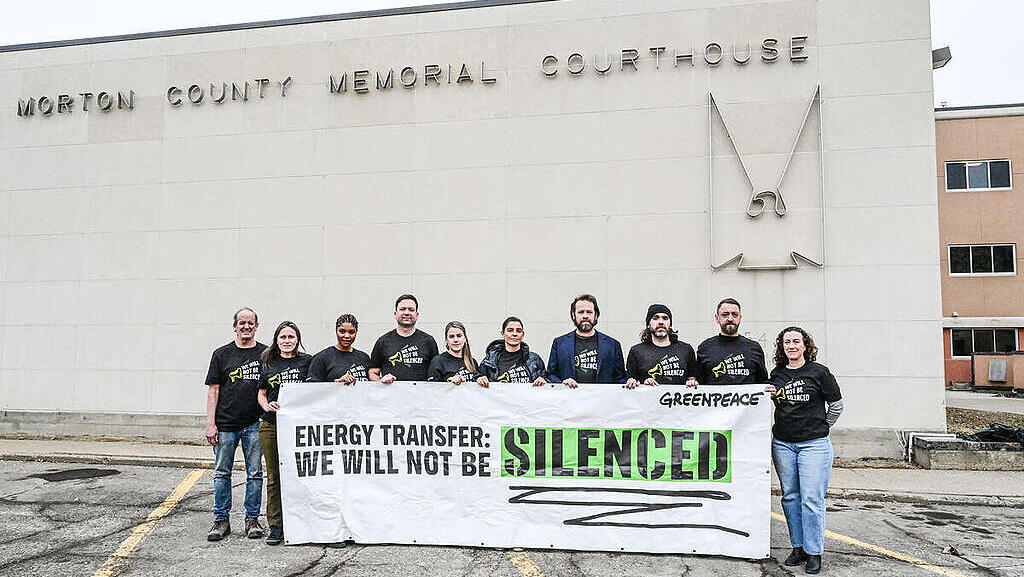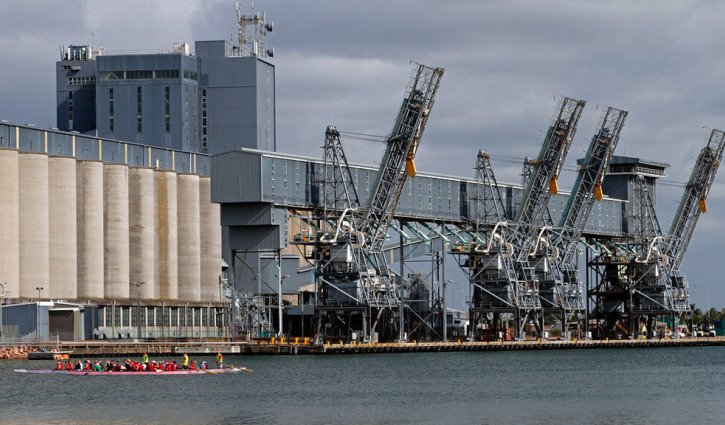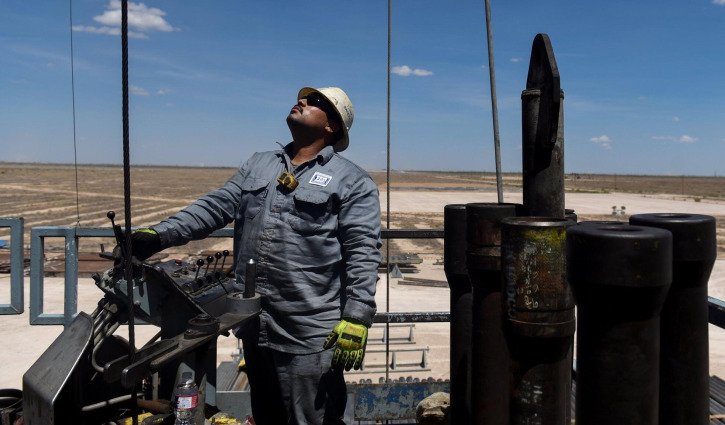A North Dakota jury in the United States has ruled against Greenpeace in a high-stakes lawsuit, awarding Energy Transfer US$660 million in damages.
The case, centered on Greenpeace’s alleged role in the #NoDAPL protests, has been branded a SLAPP (Strategic Lawsuit Against Public Participation) by Greenpeace, accusing the energy giant of trying to suppress free speech and peaceful protest.
Greenpeace entities vow to appeal the decision to the state’s Supreme Court, citing the need to protect rights critical to justice and environmental advocacy.
Greenpeace leaders expressed alarm over the ruling, describing it as a dangerous trend in corporations using courts to stifle dissent.
They reaffirmed their commitment to non-violence and highlighted Indigenous leadership's role in the Standing Rock protests. The organisation decried what they called Energy Transfer’s disregard for the Standing Rock Sioux Tribe’s voices. It vowed to continue supporting marginalised communities most impacted by climate crises and environmental injustices.
The case marks one of the largest SLAPP lawsuits ever filed and underscores differing global approaches to such legal battles. Greenpeace International has already launched its own legal action under the EU’s anti-SLAPP directive, seeking damages in a Dutch court.
“We’re going to appeal. And we’re prepared to fight this all the way to victory,” Greenpeace said in a statement on its website.
"We absolutely believe in our legal defence. We believe the law is fully on our side. We believe in what we did at Standing Rock, and that ultimately we will prevail against this meritless lawsuit.
"Before we discuss next steps, let’s acknowledge that this is a dark moment in United States history. And let’s talk about what ‘victory’ actually means.
“We’ve fought Energy Transfer’s lawsuits for more than seven years. Every step of the way, we’ve emphasised that these types of lawsuits — intended to silence and shut down critics — are part of a growing national attack on our First Amendment rights.”



